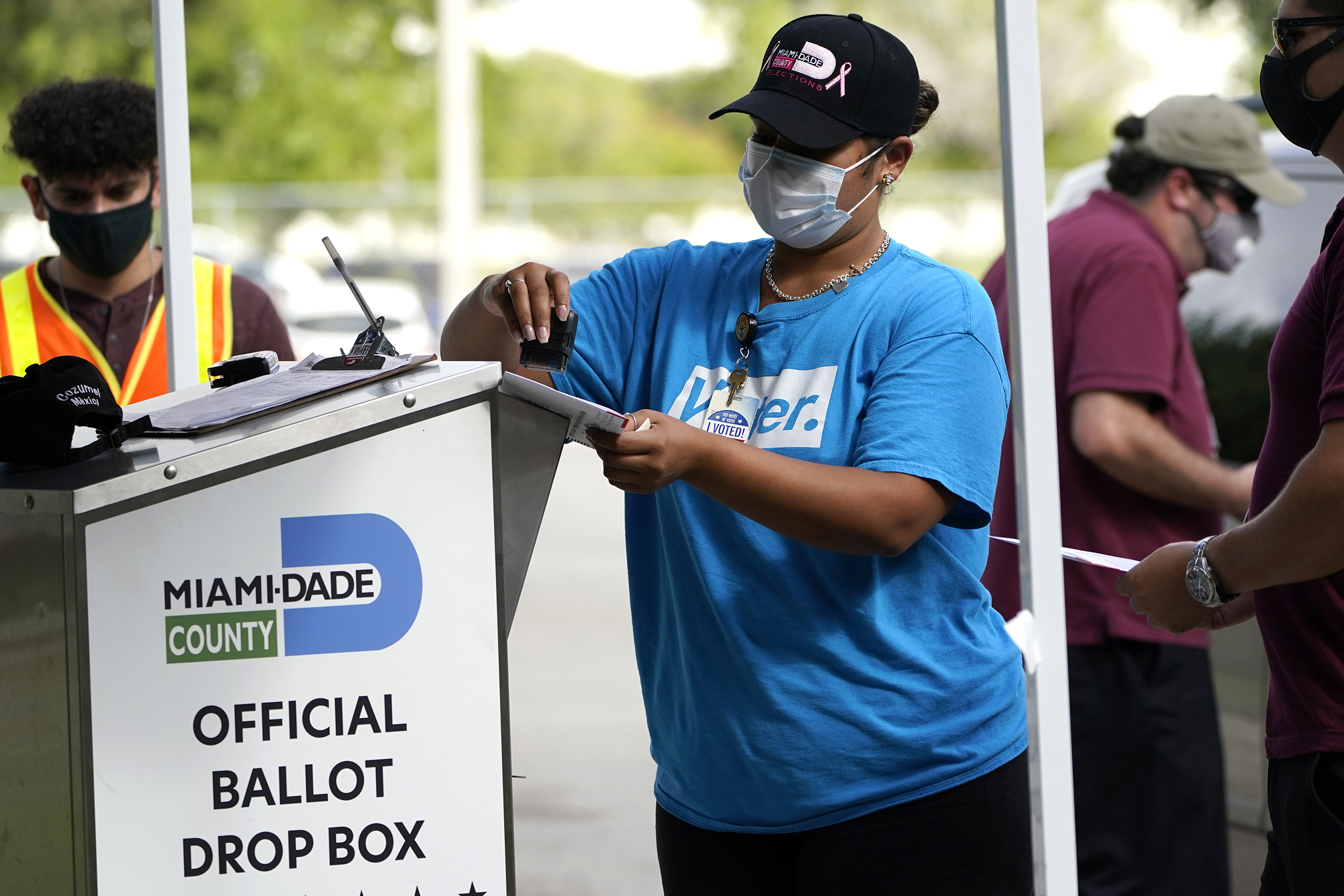Florida Republican Gov. Ron DeSantis on Thursday morning signed into law a controversial voting bill aimed at curbing access to mail-in voting in the state. The bill was signed exclusively on “Fox & Friends,” and other local media outlets were denied access.
Support authors and subscribe to content
This is premium stuff. Subscribe to read the entire article.
Login if you have purchased













